Buy Prolia (denosumab) Injection 1 pre-filled syringe 60mg/ml Online For Sale
$336.00
Prolia is a subcutaneous injection used to treat osteoporosis by inhibiting osteoclast activity and reducing bone loss. It targets RANK ligand, which stimulates osteoclasts and reduces the risk of fractures. Prolia is approved for men and postmenopausal women at high risk of fracture and for individuals with bone loss associated with cancer treatment. Clinical studies have shown that Prolia reduces the risk of vertebral, hip, and non-vertebral fractures and increases bone mineral density. It is generally well-tolerated with rare serious side effects. However, Prolia is not recommended for individuals with specific medical conditions. People should discuss the risks and benefits with their healthcare provider.


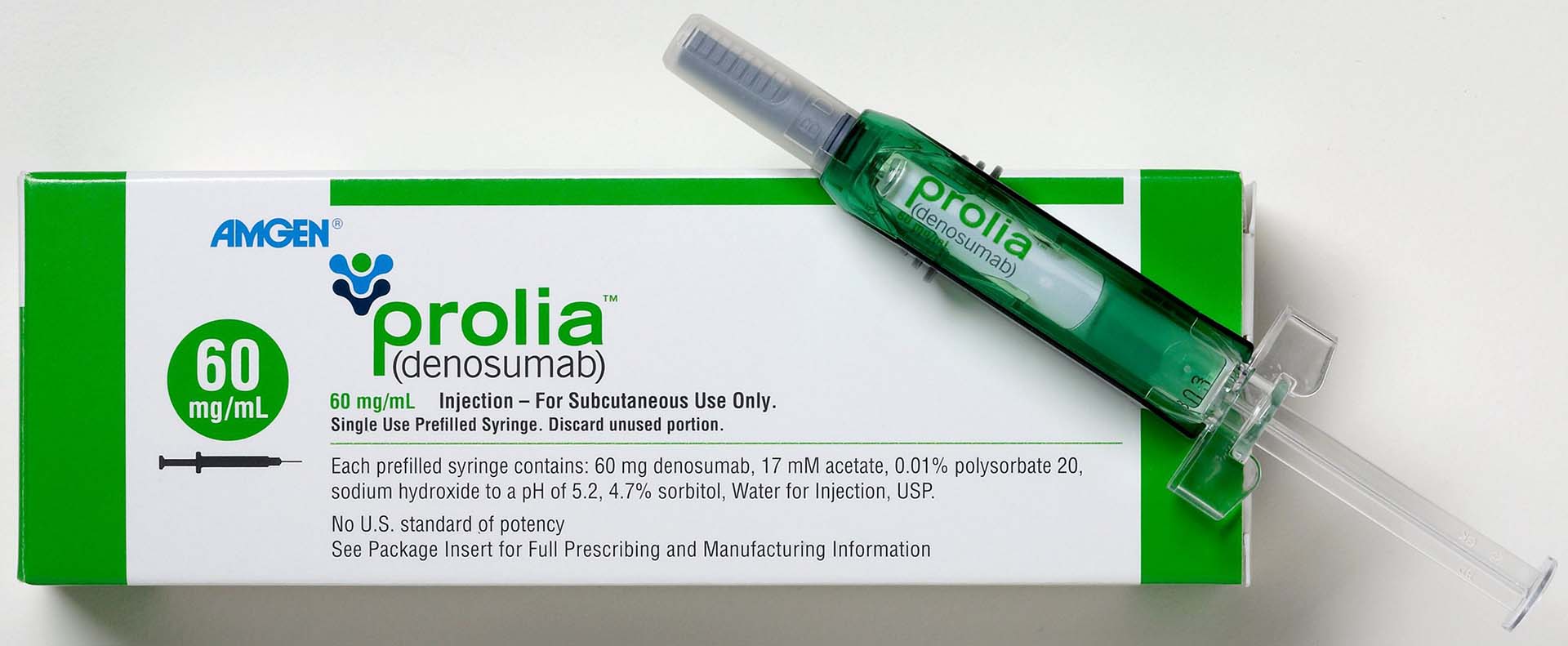

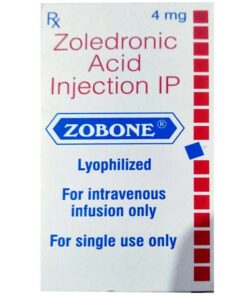
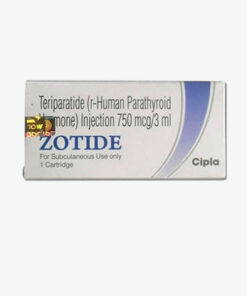
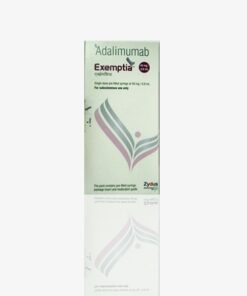
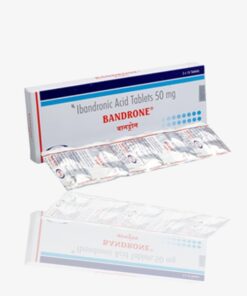


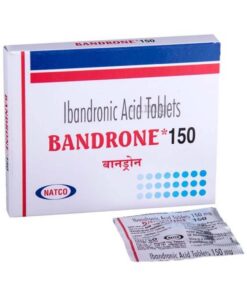

Reviews
There are no reviews yet.